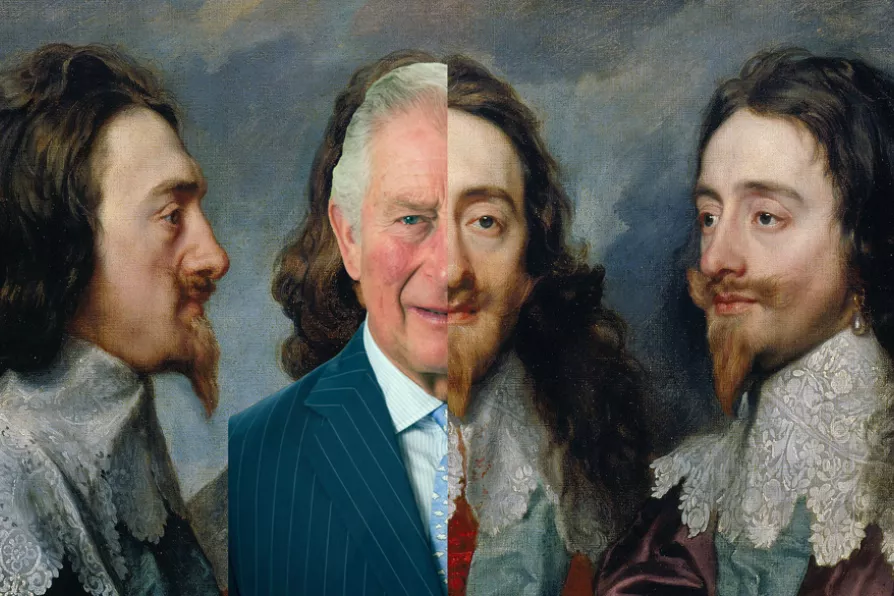JOHN GREEN, MARIA DUARTE and ANGUS REID review Fukushima: A Nuclear Nightmare, Man on the Run, If I Had Legs I’d Kick You, and Cold Storage

 STUFFY AUTHORITARIANS: Charles I by Anthony Van Dyck, 1635; Charles III, 2019
[Mark Tantrum/CC; The Royal Collection/CC]
STUFFY AUTHORITARIANS: Charles I by Anthony Van Dyck, 1635; Charles III, 2019
[Mark Tantrum/CC; The Royal Collection/CC]
The Blazing World: A New History of Revolutionary England
Jonathan Healey, Bloomsbury, £30
WHAT better way to mark the coronation of Charles III than to recall the execution of his predecessor, Charles I, as the crowning moment of a revolution?
The dethronement of Charles in 1649 ushered in an unprecedented experiment in republicanism amid extraordinary ideological ferment the like of which England has not experienced since.
Given the forthcoming accession of his namesake, it is tempting to make comparisons between the 17th-century monarch and that of today.

GAVIN O’TOOLE welcomes, and recommends a a candid, evidence-based record of Britain’s role in the slaughter visited by Israel upon the Palestinians

STEPHEN ARNELL wonders at the family resemblance between former prince Andrew and his great-uncle ‘Dickie’

GUILLERMO THOMAS is persuaded by a scathing critique of the Church of England and its embeddedness in imperialism










